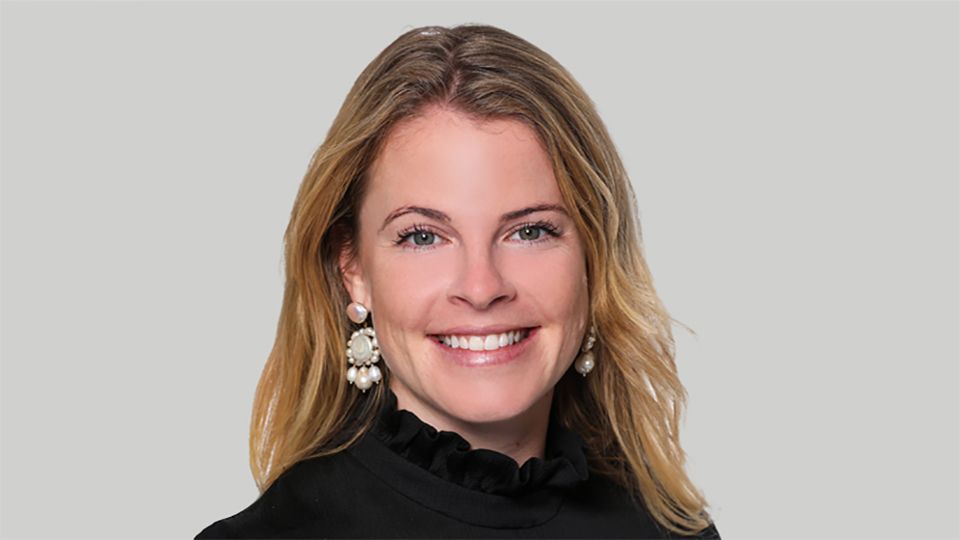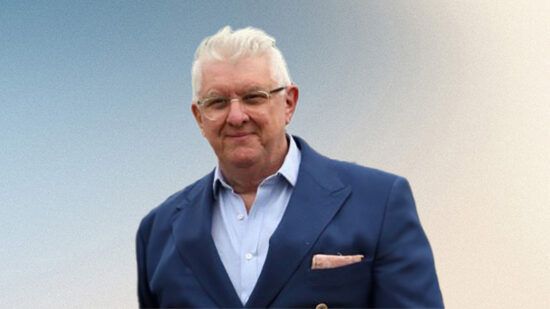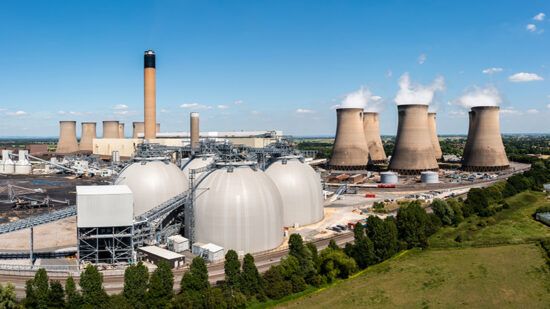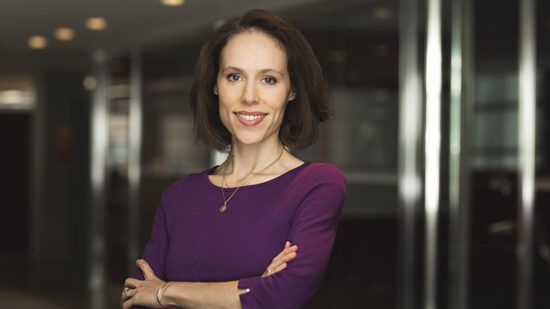COP28 is just five months away, yet this annual summit to be hosted by the UAE is already plagued by a global narrative of dismissal and distrust.
At the same time, delivering on the climate transition in emerging and developing countries has never been more urgent. Ninety percent of new emissions growth will come from these regions by 2030. We must find a way to fill the $2trn funding gap required to bend this emissions curve and support emerging markets. Other COPs have failed to do so. But can a petrostate be committed to net zero and deliver on an ambitious climate change agenda?
See also: – UAE approach to COP28 ‘very worrisome’
Criticism of this COP has been amplified because this year is a milestone moment following the 2015 Paris Agreement. It will be the first official assessment of global progress against 1.5C targets, known as the “global stocktake”. This puts huge pressure on the UAE’s shoulders.
This is not the first time a fossil fuel rich country has hosted the event. In 2007, Mexico hosted COP13, the same year they reached peak oil production volumes. Canada – as the world’s fourth largest oil producer – was the host in 2005. Poland, the 10th largest producer of coal worldwide, has hosted three COPs -14, 19 and 24. There is a history of fossil-fuel rich countries playing host to the summit. The UNFCCC1 selects these countries through a formal process assessing COP member proposals. There is good reason why the source of the problem should have a prominent seat at the table. They are also key to the solution. That is the essence of transition – to actively drive down emissions by going to where the carbon can be mitigated, not exclude it.
The discontent around COP28 does not end with the UAE as host country – the appointment of Dr Sultan Al Jabar as COP President has also been called in to question. Recently, he was publicly asked to step down as COP president as he was viewed as being unfit to deliver on a credible or transparent COP agenda. The unease stems from Dr Sultan’s dual position as COP president and CEO of the state-owned oil company, ADNOC. That criticism seems fair on the surface; building global momentum for climate ambitions while growing an oil and gas business don’t sit well together.
However, this rhetoric fails to acknowledge Dr Sultan’s full expertise – he is more than an oil and gas leader. He was CEO of the Abu Dhabi government’s renewable energy company, Masdar from its inception in 2006 until 2014. He remains its chairman. Under his leadership, Masdar became a major global leader in the development of renewable projects, investing over $30bn in 20GW of new power capacity across 40 countries with a targeted 100GW by 2030. He, unlike perhaps any COP president before him, has decades of experience in scaling clean energy in both developed and emerging market countries. When we consider the enormity of the task ahead, his transition expertise should be valued, not villainised. But the test will be what he, and the UAE, can ultimately deliver.
Previous pledges
After recent COPs have produced a plethora of commitments made without meaningful progress – the world is looking for bold, catalytic solutions. From the infamous $100bn at COP15 to the JET-P deals launched at COP26, the developing world has lost trust in the promises from their developed allies. Less than 20% of the $2trn needed to drive down global emissions, support climate adaptation and compensate for loss and damage in these regions is flowing. In 2020, most climate finance was raised as commercial debt, not low cost or concessional. The needle isn’t moving for a reason. The Financial Times editorial board recently said: “The world cannot afford yet another wasted COP”. Precisely. This is COP28, not COP1. We have had 27 opportunities to make meaningful headway on emissions, and 13 to close that climate finance gap. Both these components will be under scrutiny and must be balanced during the “global stocktake”.
This backdrop provides a moment for the UAE to show the world what leadership on the climate finance agenda could really look like. A key pillar of the UAE’s roadmap for accelerating economic development is the Net Zero 2050 strategic initiative, where they have earmarked $15bn for energy transition projects by 2030. Translating this into real flows while mobilising developed country resources and institutional capital is essential. The emerging market transition needs two types of capital.
Firstly, catalytic concessional capital that provides risk mitigation through first loss or guarantees. Providing this can increase the number of bankable projects and de-risk private investment. Secondly, commercial capital is needed to achieve scale. The UAE has both and has the regional alignment to deliver on a profitable transition. This could be the perfect match for the world’s climate ambitions and for emerging markets more broadly.
What the UAE do with this opportunity is in their hands. How we, the public, choose to support them in realising this opportunity is in ours.








